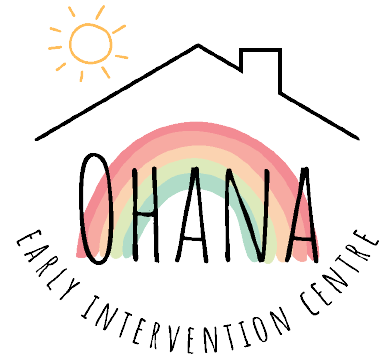A Place For Growth
Speech & Language Therapy
Promotes the development of receptive and expressive communication skills essential for learning, relating to others, and self-expression. The therapist utilizes multi-sensory cues, visuals, modeling, and motivating play activities to build the child's understanding and use of language, including speech sounds, vocabulary, grammar, social communication, and alternative communication methods as needed.
Sensory Integration Occupational Therapy
Aims to help children process sensory information more effectively from the environment and their own bodies. Through carefully designed activities that provide vestibular, proprioceptive, and tactile input, the therapist guides the child in better integrating and regulating their sensory experiences. This supports improved focus, behavior, motor skills, and participation in daily life activities.
Neurodevelopmental Physiotherapy
Facilitates the child's gross motor skill development through a holistic, relationship-based approach. By analyzing movement patterns and developmental foundations, the therapist creates individualized handling and positioning techniques. Through playful interactions, the child is empowered to explore and master motor abilities like head control, sitting, crawling, and walking in a supportive therapeutic relationship.
Art Therapy
Harnesses the inherent therapeutic value of the creative process and artistic media. Through open-ended explorations with diverse art materials, the therapist cultivates a safe space for the child to freely express themselves, process emotions, build skills like decision-making and abstract thinking, and enhance their self-awareness and self-esteem. The artwork serves as a meaningful bridge for communication.
Music Therapy
Employs the motivating and organizing effects of music to address non-musical goals across developmental domains. Using live music interactions, instrument play, movement, and multi-sensory musical experiences, the therapist establishes a unique connection with the child. This relationship nurtures communication, social skills, emotional regulation, motor skills, cognition, and overall wellness through music's universal language.
Play Therapy
Utilizes the natural medium of play to help children express themselves, explore relationships, make sense of life experiences, and develop coping skills. Through a warm, caring relationship with the therapist, the child engages in non-directive play using toys, games, art materials, storytelling, and other play-based methods. This process facilitates self-expression, learning, healing, and positive growth.
